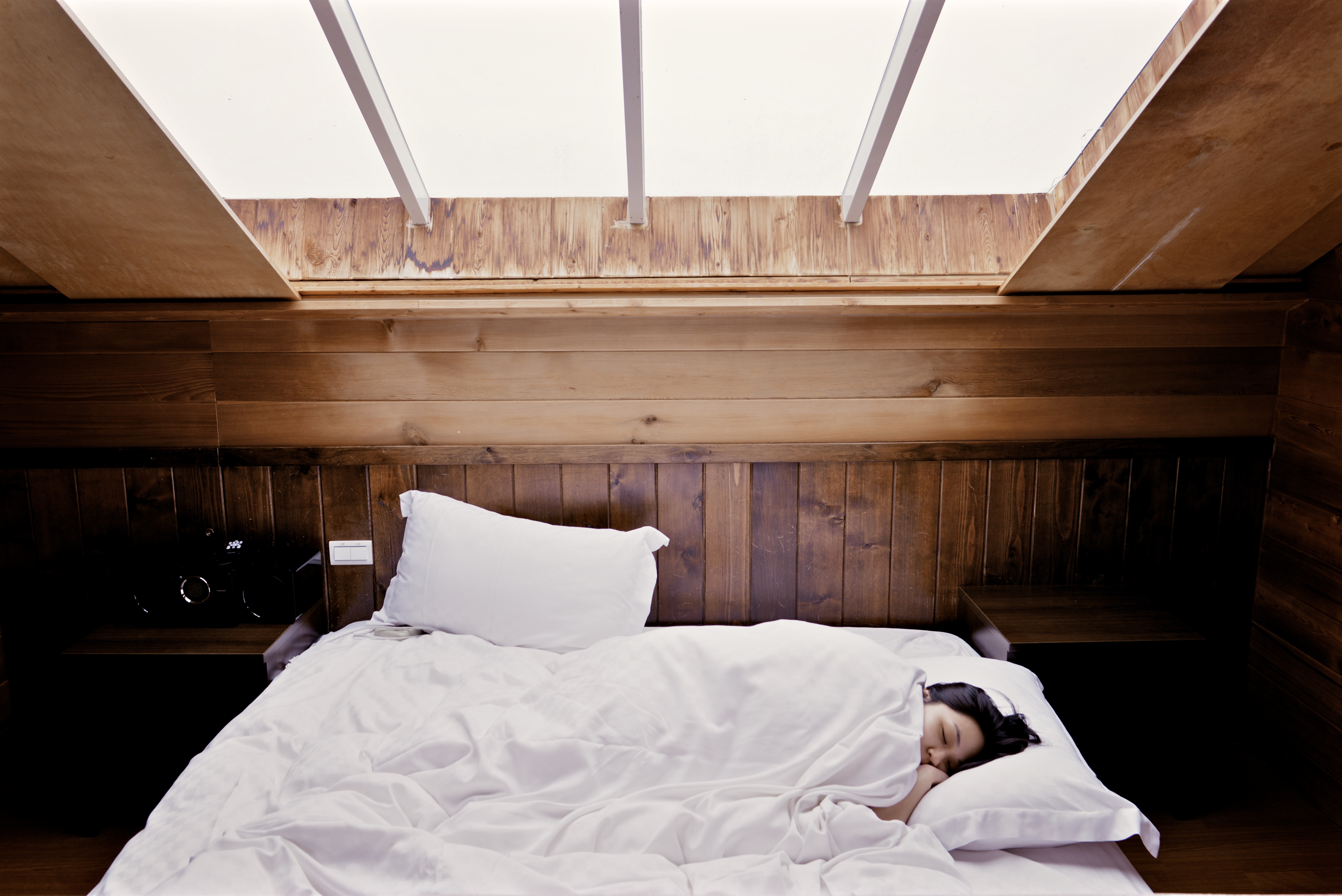When the alarm goes off in the morning, do you find that your saving grace to feeling ‘normal’ is a cup of coffee?
If you’re relying too heavily on caffeine to get you going and keep you going throughout the day, then it may be a sign that you aren’t sleeping particularly well during the night.
When it comes to poor sleep, looking at your sleep routine is one of the most important things to get right. If you aren’t the sort of person to fall asleep as soon as your head hits the pillow, then it means your body and your mind needs some assistance to help you wind down before getting into bed.
1. Go For An Afternoon Walk In Nature
If you don’t sleep well, then getting up in the morning to exercise is most likely the last thing you feel like doing. Well luckily, this actually isn’t such a bad thing, as a study has shown that exercising in the afternoon in nature has a more therapeutic benefit for insomniacs as opposed to exercising before noon.
Though the study was based on walking in a forest, other ‘green space’ ideas you could consider is running along a path near a beach, taking a hike through the bush, or doing circuit training in a park. In the study it was shown that those that walked in the forest in the afternoon increased their sleep time from 5.7 hours to 7.9 hours (1). So if you’re finding it difficult to sleep for the ideal 7-8 hours, then consider giving this a go.
2. Reduce Your Screen Time Before Bed
Do you have a habit of working late at night in front of your computer screen, or checking emails on your phone before bed? If you do, it could actually be inhibiting you from falling asleep. The blue light that is emitted from computer screens and interactive hand held devices such as tablets and smart phones has been shown to inhibit the natural rise of melatonin in the evening (2). Melatonin is a hormone that is released towards the end of the day to help you fall asleep, therefore playing an important role in the sleep, wake cycle.
If you find that you’re constantly tossing and turning, waiting to fall asleep for an hour or more before bed then look at switching off from any blue light devices and read a paper based book instead. If working late at night is a must, then you can consider using glasses that block the blue light from entering the retina preventing the negative effect on melatonin (3).
3. Replenish Your Magnesium Levels
Did you know that approximately 39% of the Australian women do not receive adequate magnesium from their diet? If you also drink one too many coffees, drink soft drink regularly (due to the phosphoric acid) or drink excess alcohol then you may also be depleting your magnesium levels (5). This isn’t a good combination if you’re prone to poor sleep, as it’s been shown that magnesium is particularly low in those that suffer with insomnia.
A 2012 study on insomnia in the elderly has demonstrated that 500 mg of magnesium per day improved sleep quality in 8 weeks (7). If you’re considering supplementing with magnesium, ensure that you’re using a form of magnesium that is easily absorbed by the body such as magnesium bisglycinate or magnesium citrate and steer clear or magnesium oxide (8) (9). Food sources of magnesium to also include in your diet are green leafy vegetables, nuts and legumes (10)(11).
SHARE AND COMMENT BELOW
Insomnia in working women is a common concern, so don’t think you’re the only one out there! The quality of your sleep is really important for your overall health and wellbeing. I hope that these three tips can help you get a few more zzz’s each night so that you’re feeling refreshed and focused for the working week ahead.
Please let me know if these tips helped you, or share what you’ve found that has made the biggest difference with your insomnia.


